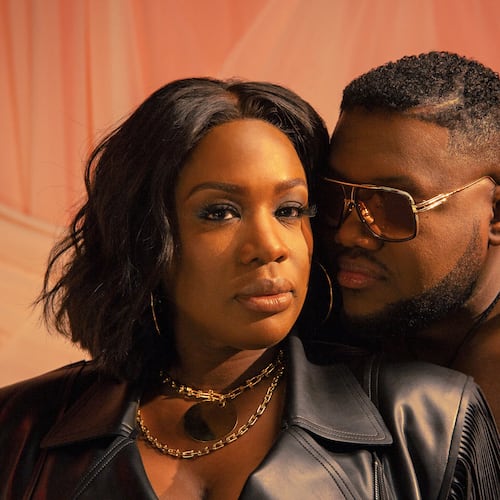A man in his 30s might begin to lose some of the energy that propelled them through his 20s, but have no fear, there are plenty of ways to stay spry and in tip-top health long after your college years.
Some open, honest conversations with your doctor about some of the top health concerns and issues men face in the 30s will increase your chances of sound, long-lasting health.
The following questions, culled by top health sources, are some smart ones to pose to your health professional on your next visit.
1. Do I need any immunizations?
For many young people, high school and college come with a spate of shots and screenings required to enroll in school. In your 30s, those requirements no longer exist, but that doesn't mean you shouldn't be getting vaccinations.
Medline Plus recommends getting a tetanus-diphtheria booster every 10 years, and it's likely your last shot was when you were 18 or 19, so now is the perfect time to get that booster shot.
If you've never had the chickenpox or the vaccine for it, talk to your doctor about getting a varicella shot as well.
2. Should I be worried about this blemish on my skin?
It's easy to skip the sunscreen in your 20s, but when your 30s strike, your skin may start to prematurely age thanks to all that sun exposure. Your risk for skin cancer also goes up with time (which means more sun exposure, along with other factors).
According to the American Cancer Society, "Melanoma, which often looks like a dark brown or black mole on the skin, accounts for less than 5 percent of skin cancer cases but causes about 79 percent of skin cancer deaths."
So make sure to talk to your doctor about your skin care routine, and have any unusual moles or blemishes checked.
3. Should I be concerned about heart disease?
Managing your cardiovascular health is critical to living a long, healthy life. According to the Centers for Disease Control and Prevention, heart attacks are the no. 1 cause of death in men, and half of all men who experienced a heart attack had no previous symptoms.
Make sure your doctor is checking your blood pressure, cholesterol and glucose levels as well as other measures of your cardiovascular health. Diet and lifestyle changes, as well as some daily medications, are often all it takes to keep your cardiovascular system healthy.
4. Is my back pain normal?
Your workout routine may keep you buff, but those workouts could be straining your back and your joints. Diversifying your routine and incorporating stretching are important for keeping your back and joints healthy and avoiding problems later in life.
"A lot of younger men wind up with bad backs and other musculoskeletal issues well before midlife, since they don't mix up their workouts," Dr. Rick Henriksen of University of Utah Health Care told Today.
Talk to your doctor about your gym routine and what you need to be doing to protect your joint health.
5. What are the main signs of depression and other mental health conditions?
Men can be particularly prone to the stigma that surrounds mental health. If you've noticed changes in your mood -- like being more irritable, having thoughts of suicide, or trouble sleeping -- it may be a sign that your mental health could use some attention. The National Institute for Mental Health has some basic information about men and mental health here. It's just as important to talk with your doctor about your physical health as your mental health, and if you are not comfortable talking to your doctor about your mental health then it may be time to find a different doctor.
Protecting your health in your 30s is important for reducing your lifetime risk and making it possible to live a long, healthy life.
About the Author
Keep Reading
The Latest
Featured
